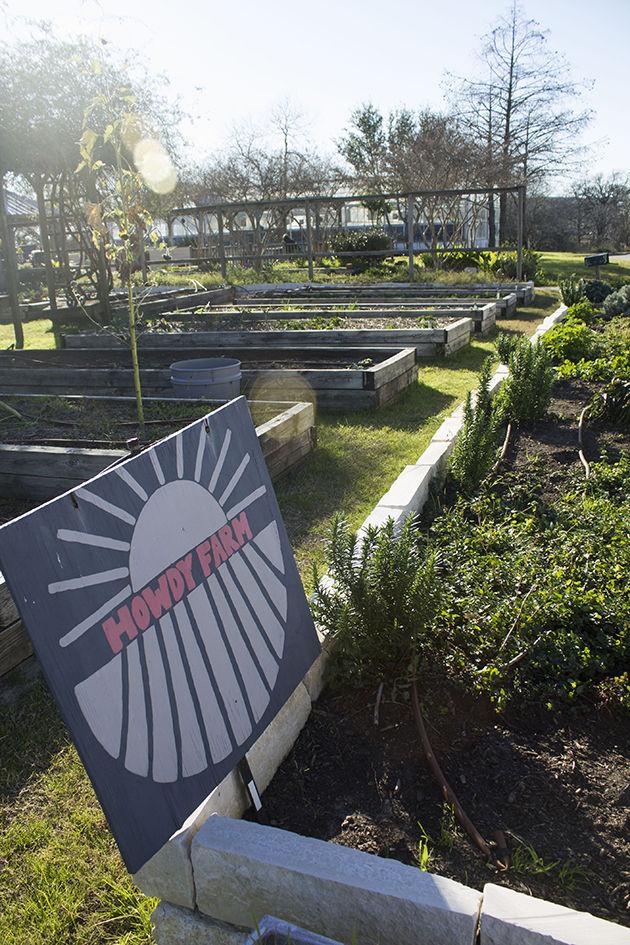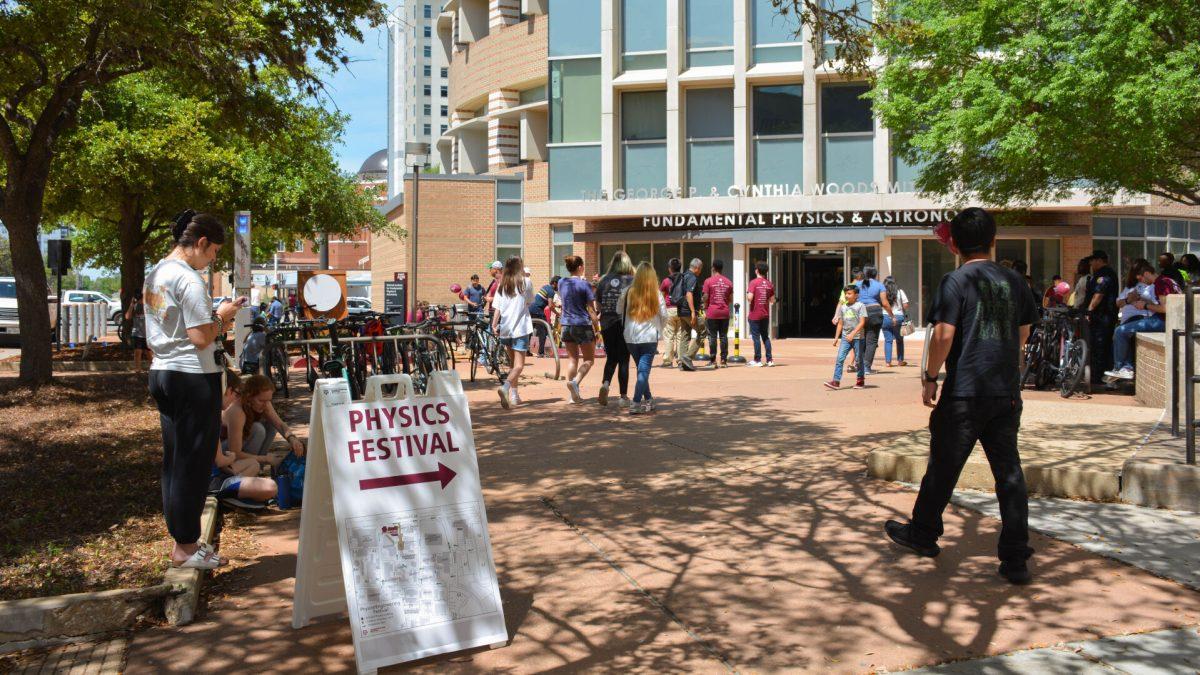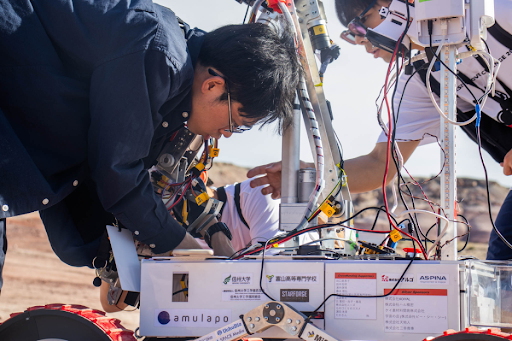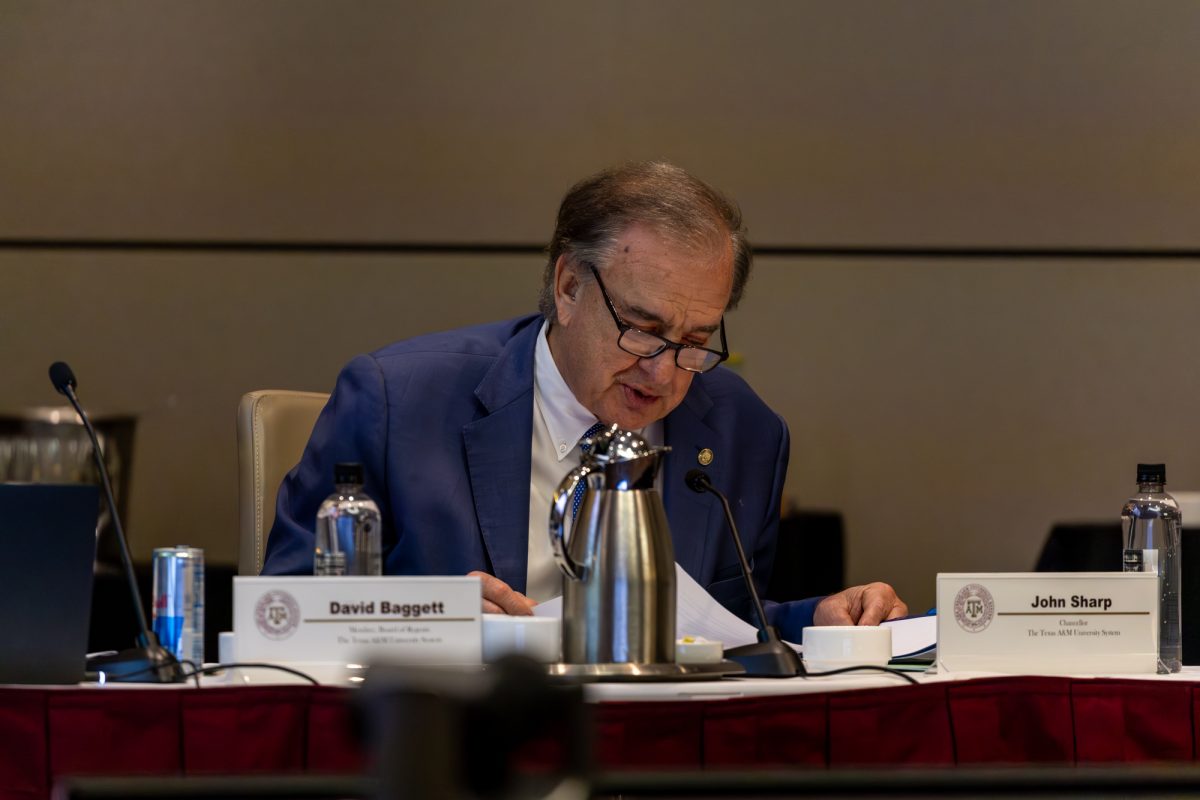After decades of population loss, the monarch butterfly may get some relief from a national movement to make local areas more friendly to the endangered butterfly.
The “Mayors’ Monarch Pledge” is a movement started by the National Wildlife Federation to make cities more conductive to monarch butterflies. More than 50 mayors around the country have so far signed the pledge — including College Station’s mayor, Nancy Berry, who will officially announce her support Thursday.
College Station lies along the monarch’s migratory route from Canada to Mexico and back. Much of the monarchs’ downfall is the destruction of it’s habitat along its migration, but the pledge hopes to reverse this.
Craig Wilson, a researcher at the Texas A&M Center for Mathematics and Science Education, is an expert on the monarch’s migration pattern.
“The monarchs aren’t threatened as a species, but what is under threat is this wonderful migration which is the largest of an insect in the world,” Wilson said. “It funnels through Texas in the spring and then again it funnels through Texas in the fall, so Texas is critical.”
The goal is to develop an “I-35 corridor” heading north with milkweed planted all along it so there will be food for the monarch caterpillars to develop.
“Without milkweed you don’t have the monarch — that’s the only plant that the young can feed on,” Wilson said.
Wilson contacted Berry in the fall of 2015 to inform her of the program. She has since taken the pledge, and will officially announce it on Thursday. Berry will workwith the College Station Park’s Department to plant milkweed and other nectar producing plants.
“I have learned of our geography as a natural breeding ground for monarch butterflies and that as the area has developed the habitat has been taken away because fields have been mowed and turned into concrete and houses alike,” Berry said. “When I heard that and found out that I could do something about that, it just made a lot of sense to me and it was a no brainer.”
Mayor Berry said College Station has 1,300 acres of parkland that could be used to help the monarchs breed and continue their migration.
Organizations at Texas A&M have also been involved with the fulfillment of this pledge.
“Dr. Craig Wilson contacted me because he wanted my organization, the Environmental Issues Committee, to help follow some of the steps in the pledge,” said Emily Wornson, a chair in the Environmental Issues Committee.
The EIC plans to conduct a tabling event to raise awareness of the monarch butterflies and educate people about the issue.
“It’s mostly going to be educational; we are going to talk about the importance of monarch butterflies and the habitat that they need to survive,” Wornson said.
In addition to this, the EIC is looking to have more milkweed planted on campus, to make Texas A&M more monarch-friendly.










